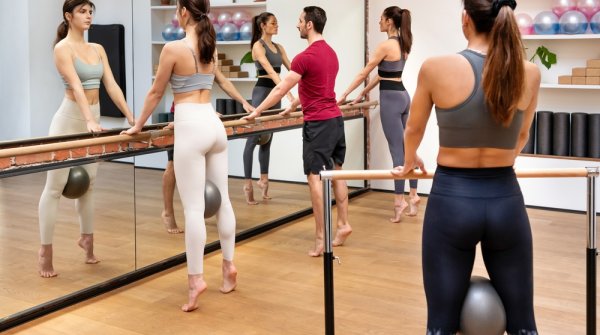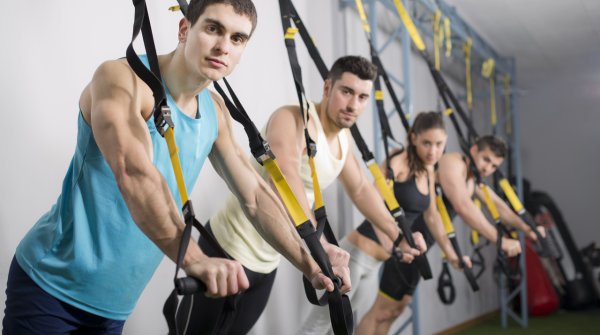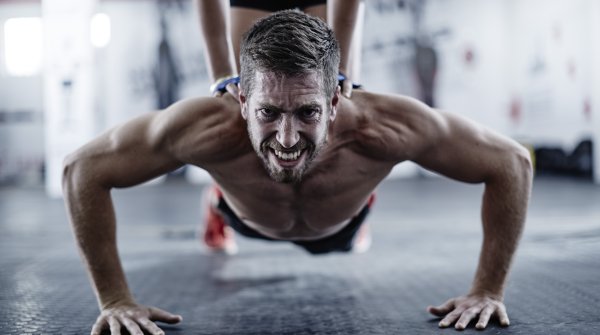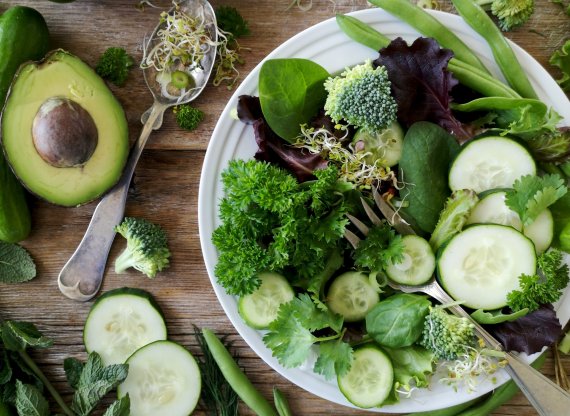
Lentil stew and carrot pudding instead of schnitzel or steak? Vegan restaurants and supermarkets can now be found on every corner, and hardly anyone is still surprised when you throw a tofu patty on the grill instead of meat. However, doing without animal products altogether is not without controversy. While it may still work for the "normal citizen", many athletes ask themselves: Can the high demand for carbohydrates, healthy fats and above all protein be met with vegan food?
The trend to eat vegan has long since reached the fitness and weight training scene. More and more fitness athletes are turning exclusively to a plant-based diet, i.e. doing without meat, eggs, milk, etc. First conclusion: it works! However, the question arises as to what vegan athletes have to pay attention to in order not to suffer a nutrient deficiency in the long term.
Besides vitamins, minerals and trace elements, our food can basically be divided into the three macronutrients carbohydrates, protein and fat. Especially in intensive training variants such as strength or interval training, our body obtains the necessary energy increasingly from carbohydrates. Here it comes for vegan sportsmen only extremely rarely to supply bottlenecks, since vegetable food usually exhibits a very high carbohydrate portion. Especially rice, potatoes, legumes and fruit are optimal energy suppliers and are also good for your health.
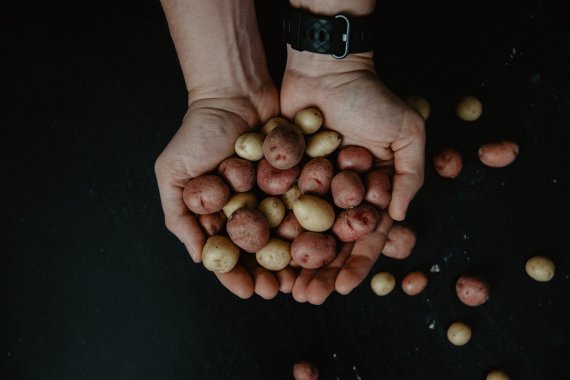
Fatty acids are used in particular during longer periods of exertion with lower intensity. In contrast to carbohydrates and protein, however, the fat content of the diet does not necessarily have to be increased during sporting activities, as our body is able to fall back on its own fat reserves for a very long time - a not undesirable side effect for many fitness athletes. Those who integrate foods such as nuts, avocados and olive, coconut or linseed oil into their diet are supplied with all the necessary fatty acids.
In addition to macronutrients, vitamins, minerals and trace elements are also essential for a healthy diet. What many do not know: Not only fruits and vegetables are good sources of vitamins. Vitamin B12, for example, is found almost exclusively in meat, fish, eggs and dairy products - the same applies to calcium, iodine and vitamin D. During intensive training and the resulting high nutrient consumption, a dietary supplement with vitamin B12, calcium and vitamin D can therefore also make sense. Anyone who fears that they are heading for an undersupply of these substances should consult a doctor or nutritionist. The rule is: two opinions are always better than just one.
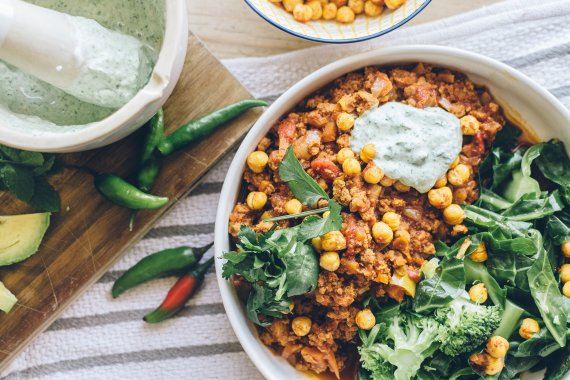
Let's move on to the third of the three macronutrients, protein: Here it can be a bit tight for competitive athletes with the optimal supply. Especially strength athletes and those who are interested in muscle building should take at least 1.5 grams of protein per kilogram of body weight daily. Now, plant foods such as lentils, beans, chickpeas, nuts and soy do contain protein. However, in contrast to animal products such as meat, fish, eggs and the like, the proportion is significantly lower. In order to consume sufficient protein, relatively large quantities of lentils, beans, etc. would have to be consumed, which is often accompanied by an excessively high intake of carbohydrates. In order to avoid unwanted fat deposits and still consume enough protein, it is recommended for ambitious athletes to use vegetable shakes made from hemp, rice or soy protein.
- ISPO awards
- Mountain sports
- Bike
- Design
- Retail
- Fitness
- Health
- ISPO Job Market
- ISPO Munich
- ISPO Shanghai
- Running
- Brands
- Sustainability
- Olympia
- OutDoor
- Promotion
- Sports Business
- ISPO Textrends
- Triathlon
- Water sports
- Winter sports
- eSports
- SportsTech
- OutDoor by ISPO
- Heroes
- Transformation
- Sport Fashion
- Urban Culture
- Challenges of a CEO
- Trade fairs
- Sports
- Find the Balance
- Product reviews
- Newsletter Exclusive Area
- Magazine



